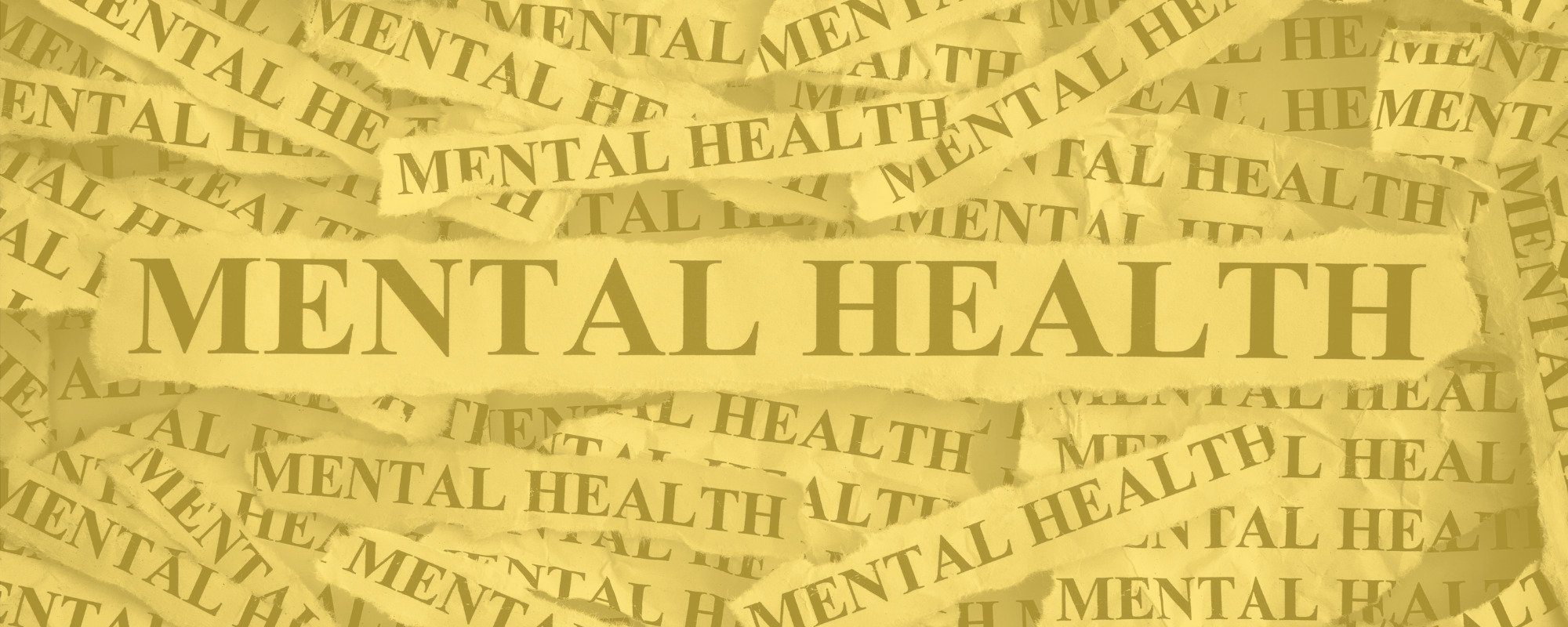
Read Time: 6 minutes
The topic of mental health is growing across the world, as more and more people step forward to share their stories. Mental health has a powerful voice, with South African public figures such as Trevor Noah, Salamina Mosese, Minnie Dlamini, iFani, Bonnie Mbuli, HHP, and Nonhle Thema speaking up about their experiences. Everyone now has an outlet, not only celebrities, through sites such as Twitter and Instagram by using hashtags like #ShareTheDignity #MentalHealthAwareness #ItsOkayNotToBeOkay and #MentalHealthMatters. Growing social media platforms who focus on mental illness support help continue the conversation.
Although we see substantial growth around the stigma of mental health, there is still much more to be done. In South Africa, the fight against stigma and for quality mental healthcare needs aid. Through resources from health-focused organisations, this article looks at just some of the information, statistics, and stigmas surrounding mental illness.
Mental Health In South Africa
Mental Health Stigma
Although mental health is widely recognized, the illness carries a stigma that affects how many people view it and the people it affects. Disgrace from friends, colleagues, family, or even healthcare workers causes mental illness to be even darker and isolating. When mental health conditions are not given adequate representation and awareness, work and home environments may not provide enough support and assistance.
People may not know how to identify mental health symptoms and understand the conditions. Even in healthcare facilities across South Africa, patients do not receive sufficient quality care. With a limited number of qualified healthcare professionals in the public facilities, running at overcapacity is inevitable. Healthcare staff, in general, can also suffer from a lack of information and stigma. Public healthcare facilities cannot provide enough quality mental healthcare, with the President of the South African Society of Psychiatrists saying “the country does not have enough specialists to address mental health”. In an article about the help available to mental health patients, the South African Depression and Anxiety Group expressed that “the biggest problem was a lack of treatment in public health institutions and the stigma attached to mental health”.
Stigma is not a problem that stays within the confines of the guilty party. With the shame that mental illness has carried for centuries, mental health patients suffer because of their fear. The misunderstanding of mental health from someone’s support system and society adds to the complexity. Throughout centuries, mental health patients have been seen negatively with mockery, isolation, humiliation, or being locked away. Although today’s society is seeing a rise in the awareness of mental healthcare, there are many hurdles to still overcome. In South Africa, “treatment can be difficult to access, while a fear of stigma also prevents many people from seeking the help required to live healthy and productive lives” (The South African Depression and Anxiety Group).
Mental Health Statistics and Information
Global Mental Health Statistics

[ap_column_wrap]
[ap_column span=”1″]Put your column 1 text[/ap_column]
[ap_column span=”1″]Put your column 2 text[/ap_column]
[/ap_column_wrap]
South African Mental Health Statistics

Enter your title
Enter your description-
List Item #1
-
List Item #2
-
List Item #3

When Faith Fades (Or Changes)
Trauma can come suddenly, through violence, loss, or disaster, or it can build slowly over years of stress, neglect, or abuse. Whatever its form, it leaves deep marks — not only on the body and mind but also on the soul. Many survivors find themselves asking spiritual questions they never imagined: Where was God when

Behavioural Addictions in Faith
Trauma can come suddenly, through violence, loss, or disaster, or it can build slowly over years of stress, neglect, or abuse. Whatever its form, it leaves deep marks — not only on the body and mind but also on the soul. Many survivors find themselves asking spiritual questions they never imagined: Where was God when

Trauma, Faith & Spiritual Struggles
Trauma leaves marks that go far beyond the body and mind. Whether it comes suddenly through violence, loss, or disaster, or builds slowly through years of neglect or stress, it changes how we see the world and ourselves. For people of faith, trauma also touches the soul. It can raise painful questions: Where was God

Interfaith & Mixed-Faith Relationships
Love often crosses the lines of tradition. In today’s world, it is common for people from different religions, cultures, or levels of belief to fall in love and build lives together. These relationships, whether interfaith or mixed-faith, can be deeply enriching. They introduce partners to new rituals, perspectives, and communities. Yet they also bring unique

Faith and Stigma and Seeking Help
Every faith tradition teaches us to care for our souls. We are encouraged to pray, meditate, fast, or gather in community. Yet when it comes to caring for the mind, stigma often silences us. Too many people hear phrases like “you just need stronger faith” or “mental illness is weakness,” leaving them feeling judged or

Forgiveness That Heals (Not Enables)
Forgiveness is one of the most universal spiritual teachings. In almost every faith tradition, we are urged to let go of anger, to release grudges, and to choose peace over bitterness. We hear it in sermons, scriptures, prayers, and stories passed down through generations. And yet, forgiveness may be the hardest step we ever take.
This page is Amazing
This is the heading






Lorem ipsum dolor sit amet, consectetur adipiscing elit. Ut elit tellus, luctus nec ullamcorper mattis, pulvinar dapibus leo.Lorem ipsum dolor sit amet consectetur adipiscing elit dolor
John Doe Tweet
This is the heading
Lorem ipsum dolor sit amet, consectetur adipiscing elit. Ut elit tellus, luctus nec ullamcorper mattis, pulvinar dapibus leo.

This is the heading
Lorem ipsum dolor sit amet, consectetur adipiscing elit. Ut elit tellus, luctus nec ullamcorper mattis, pulvinar dapibus leo.
- List Item #1
- List Item #2
- List Item #3




